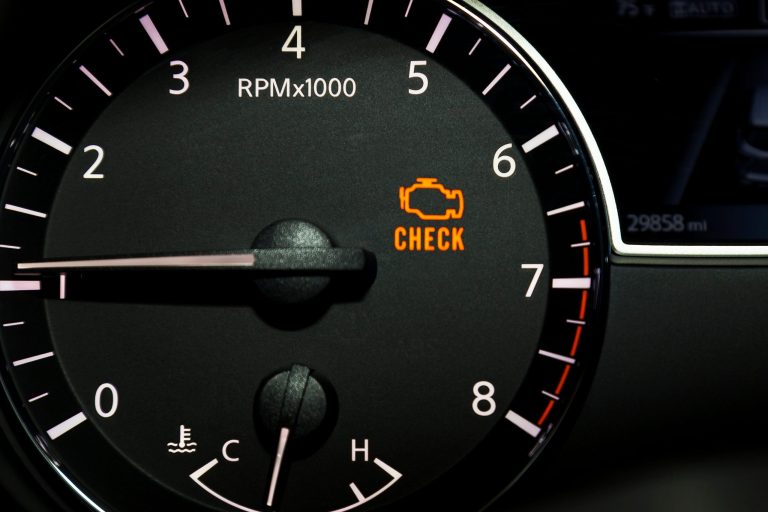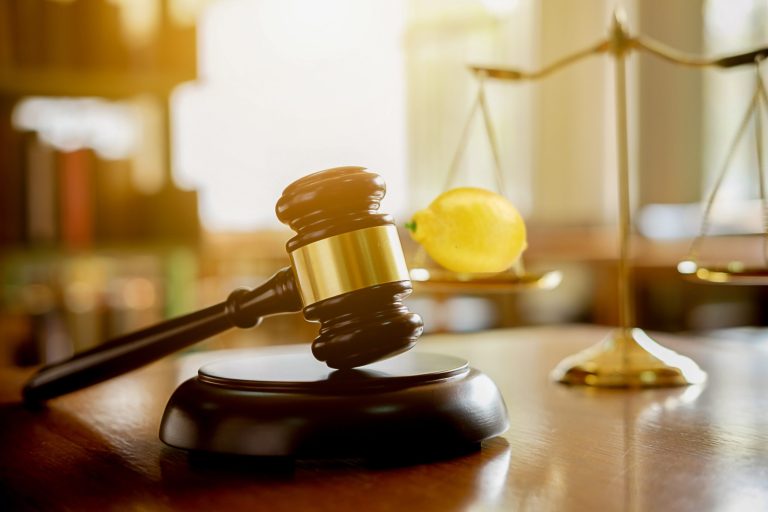Kawasaki
Kawasaki Lemon Law

Protecting Your Rights From Kawasaki Motorcycle Issues
Facing continuous problems with your Kawasaki motorcycle? Don’t let persistent defects diminish your passion for riding. Allow us to guide you through your rights under the Kawasaki Lemon Law, the necessary actions, and potential solutions to combat the challenges of a faulty motorcycle.
Navigating the Kawasaki Lemon Law
Designed to protect the rights of purchasers of new motorcycles, the Kawasaki Lemon Law addresses ongoing issues that affect safety, value, or performance. Should your Kawasaki motorcycle align with the stipulated conditions, you could be entitled to a manufacturer-sponsored replacement, refund, or fix.
Common Kawasaki Lemon Law Concerns
Cam Chain Tensioner System Defect: As previously mentioned, many older Kawasaki models have problems with the plastic components of this system, leading to metal-on-metal contact and overheating.
Faulty Electrical Systems: Some Kawasaki riders have reported intermittent electrical failures, affecting headlights, instrument panels, or even engine shutdowns.
Transmission Issues: Difficulty in shifting, unexpected neutral shifts, or transmission lock-ups have been cited by some owners.
Fuel System Problems: Instances of leakages, malfunctioning fuel pumps, or clogged injectors are not uncommon.
Braking System Failures: Some models have shown problems with the anti-lock braking system (ABS) or reduced braking efficiency.
Cooling System Malfunctions: Overheating or coolant leakages can occur in certain Kawasaki models.
Defective Clutch: Issues like a slipping clutch or sudden clutch failures have been reported.
Stalling or Power Loss: Some Kawasaki motorcycles have problems with unexpected stalling or a sudden drop in power.
Suspension and Alignment Issues: These can affect the motorcycle’s handling and overall ride quality.
Battery and Charging System Problems: Some users have reported premature battery deaths or issues with the motorcycle’s charging system.
Kawasaki Models with Technical Service Bulletins (TSB) and Recalls:
Some popular Kawasaki motorcycle models that have experienced TSBs and/or recalls include:
Kawasaki Ninja Series (ZX-6R, ZX-10R, ZX-14R) – Over the years, different Ninja models have had recalls for reasons such as faulty transmission gears, brake issues, and electrical concerns.
Kawasaki Z Series (Z900, Z650, Z400) – Some models in the Z series have had recalls for potential fire risks due to faulty wiring or manufacturing issues.
Kawasaki Vulcan Series – The Vulcan cruiser lineup, including models like the Vulcan S, Vulcan 900, and Vulcan 1700, has seen recalls for components like the fuel system, brakes, and electrical issues.
Kawasaki Versys Series (Versys 650, Versys 1000) – Some of these adventure-touring bikes have faced recalls related to brake issues or structural concerns.
Kawasaki KLR650 – An iconic dual-sport model, the KLR650 has had recalls for components like the fuel system and electrical issues.
Kawasaki Concours 14 (also known as the GTR1400 in some markets) – This sport-touring bike has seen recalls over the years for potential brake issues and electrical system concerns.
It’s important to note that not all units of these models are affected by recalls or TSBs. Specific VIN (Vehicle Identification Number) ranges are usually targeted based on when the potential defect might have been introduced during production.
If you own a Kawasaki motorcycle or are considering purchasing one, it’s a good practice to check with the National Highway Traffic Safety Administration (NHTSA) database or with Kawasaki directly to determine if any recalls or TSBs apply to your specific motorcycle.
Kawasaki Lemon Law Buyback Eligibility Criteria
For a Kawasaki motorcycle to qualify for a buyback under the Lemon Law, several standard conditions usually need to be met:
- Recurring Defects: The motorcycle must demonstrate a notable defect or malfunction that remains even after multiple efforts to fix it.
- Effects on Motorcycle Integrity: The defect should substantially hinder the motorcycle’s safety, worth, or operational capability, particularly impacting essential parts such as the engine, brakes, transmission, steering, and other vital systems.
- Warranty Timeframe: Such problems should manifest within the warranty duration or during a defined period referred to as the “eligibility window.”
- Attempted Repairs: The manufacturer or dealer must have made several legitimate attempts to address the issue. If the defect remains post these efforts, the motorcycle may be deemed eligible for buyback. In essence, a certified Kawasaki service center should have tried to fix your motorcycle. If after numerous visits the issue persists, the motorcycle might be classified as a “lemon.”
- Duration at the Repair Center: Some jurisdictions might dictate that if the motorcycle is non-functional for a certain number of days due to repairs, it could qualify for a buyback. For instance, while California doesn’t define a specific timeframe for your motorcycle to be at the repair center, extended service downtime can point to significant usability concerns, which is a primary consideration in the lemon law.
- Dispute Resolution: If the manufacturer or dealership doesn’t adequately address the defect, riders might have to consider arbitration or legal channels for remedy.
- State-specific Regulations: It’s imperative to recognize that Lemon Laws vary across states. Thus, acquainting yourself with your state’s distinct regulations and stipulations is key. Some states may have stringent guidelines, while others might offer more flexible Lemon Law provisions.
The Process to File a Kawasaki Lemon Law Claim
- We review your case.
- Documentation is gathered.
- A claim is opened with Kawasaki.
- The claim is resolved with Kawasaki.
- You receive compensation for your Kawasaki Lemon.
Why Trust Us with Your Kawasaki Lemon Law Matter?
Our skilled legal experts are deeply knowledgeable about Lemon Law intricacies, especially when it comes to issues concerning defective motorcycles, covering the full spectrum of Kawasaki models. We’re staunch advocates for consumer rights and have an established track record of securing rightful compensation for our clients.
Contact Us Now for a Complimentary Kawasaki Motorcycle Consultation
Secure a hassle-free Kawasaki motorcycle experience by addressing any lemon-related concerns. Get in touch with us for a free discussion about your unique case and to understand your entitlements under the Kawasaki Lemon Law. Our dedicated team stands ready to guide you through the complexities and defend your consumer rights.
Know that with a defective Kawasaki motorcycle, the Kawasaki Lemon Law is there to safeguard you. Let us steer you through this journey and ensure you attain the justice you rightfully merit.
What is a Kawasaki Lemon Law?
The term “Kawasaki Lemon Law” isn’t a specific legal statute. Instead, when people refer to the “Kawasaki Lemon Law,” they are typically referencing general “Lemon Laws” as they apply to Kawasaki motorcycles.
Lemon Laws are U.S. state laws that provide remedies to consumers who have bought vehicles (and sometimes other consumer goods) that repeatedly fail to meet standards of quality and performance, known colloquially as “lemons.” These laws vary by state but generally mandate that if the product—like a motorcycle—fails to meet the standards or cannot be repaired after a certain number of attempts within a specific timeframe, the manufacturer must either replace or refund the product.
In the context of Kawasaki, if someone has purchased a Kawasaki motorcycle that has significant defects that cannot be fixed after several repair attempts or if the motorcycle spends an extended amount of time in the shop, they might be able to seek remedies under their state’s Lemon Law.
If someone believes they have purchased a “lemon” Kawasaki motorcycle, it’s advisable to consult with a local attorney familiar with the Lemon Laws of their specific state to understand their rights and potential remedies.
Disclaimer: The information provided on this page is intended to offer general guidance and should not be considered legal advice. It is advisable to consult a licensed attorney for advice tailored to your individual circumstances.









